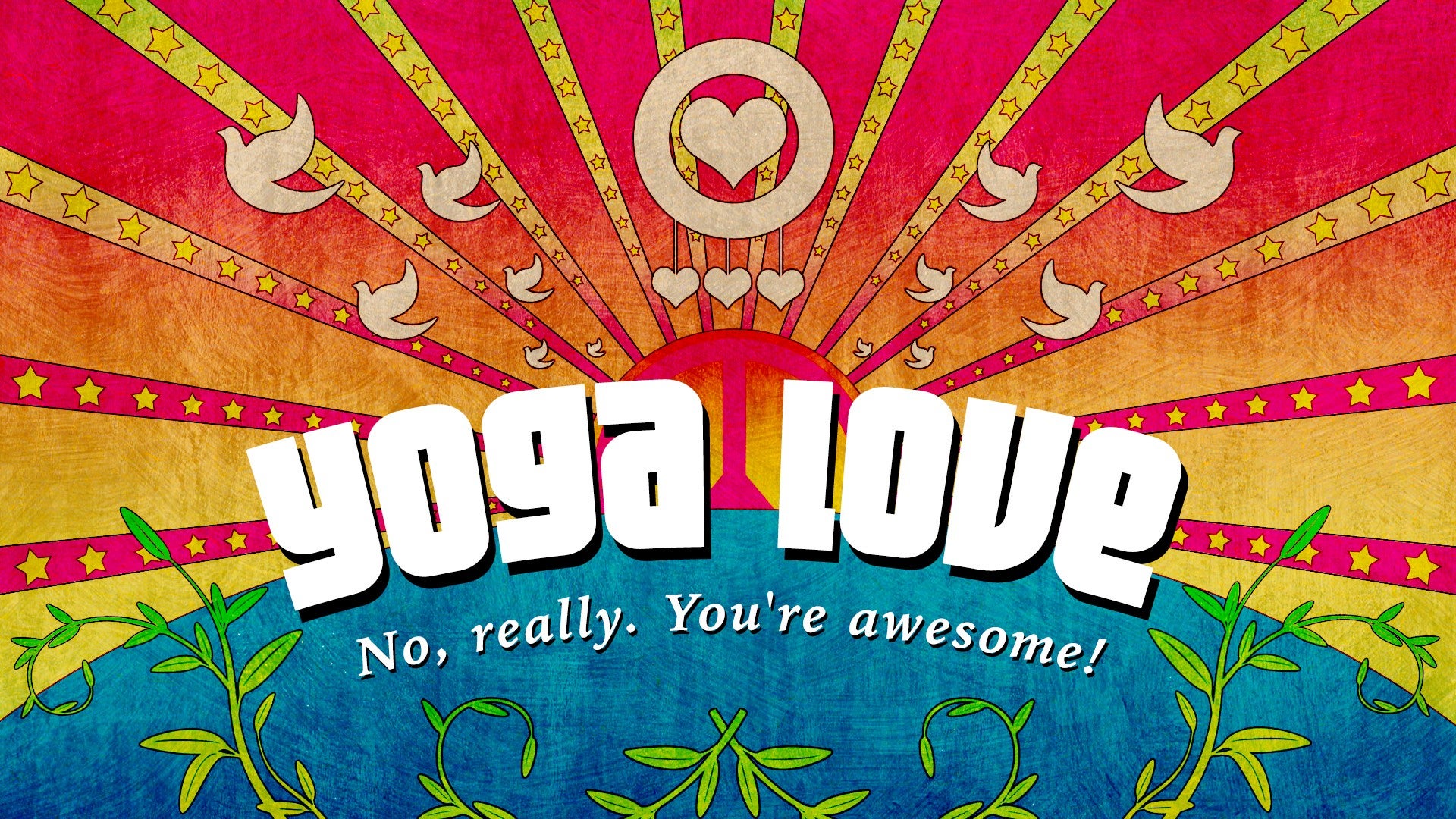Description
About This Video
Transcript
Read Full Transcript
(waves breaking) Thank you for joining me in this talk about integrity. To me, integrity can be defined as a lining. What we think, say, feel, and do. Integrity means lining up each of those things so that we aren't creating conflict within ourselves. Because when we're in conflict within ourselves, we are most likely creating conflict, adding to conflict in the world around us.
So, I'd like to break down each of those aspects of integrity. Beginning with our thoughts. Each of us has what I'll call an internal critic in our minds. If not, like, a voice or a choir of internal critics in our minds, right? Those internal critics tend to be things that tell us that we're not good enough.
That we're, in some way, under-prepared or we're not beautiful enough, we're not thin enough, we're not ready enough, we're not smart enough, we're unimportant, we're undervalued. And when we buy into the thoughts of our inner critics, we aren't in alignment with what's true, with what's actually true about us. Don Miguel Ruiz in The Four Agreements talks about being impeccable with our speech. Impeccable meaning in alignment with the truth. The truth about us is always that we are, in fact, enough.
That we are, indeed, unconditionally worthy. And so, when we're telling ourselves, "I'm not worthy. "I'm inadequate. "I'm not blank enough. "I'm too blank." Whatever it is.
Fill in the blank. When that critic is speaking so loudly, when the volume's turned all the way up, we can't hear, we're disconnected from what's true about us. That we are in fact worthy. That we are in fact ready. That we are in fact here.
And so, beginning with our own thoughts about ourselves, which is the same thing as our thoughts about other people. We are like a two-way mirror. We're in constant reflection of the way in which we treat ourselves is the way in which we treat and see those around us as well. So if the starting point in finding integrity can be finding the truth in the way that you speak to yourself about yourself. The natural outgrowth of that is going to be finding the truth and the clarity and the perspective to see into other peoples souls.
To see into other peoples capacity. To see into other peoples ability and to stop looking for and pointing out to yourself and others or them, what's wrong with them in your mind. Nothing's actually wrong with anybody, including you. So beginning with the thoughts. The thoughts that you say to yourself being truthful.
Truthful thoughts are always going to be kind and compassionate because the universe is benevolent. It's in your favor. When your thoughts are truthful, you can move on then to talk about the words that we say verbally. Say to ourselves and say to other people. The words that we say, we have to be incredibly careful with the words that we say because our speech is like laid down in history.
And so we tend to manifest or bring to fruition the things that we say. If you're often saying, "I'll never be x", or, "I just can't y", probably, you're impacting your ability to bring that thing toward you by negating it with your speech. We're powerful beings. We have a lot of agency in what we create for ourselves. And so, if you can be very mindful and intentional about the words that you speak, it's likely that you can open up different possibilities for yourself, different than have been available to you in the past.
Lately, I've been in the practice of not saying, "I don't have time for". The truth is we all have the same amount of time available to us. And so if I can be in the practice of impeccable speech, then I might say, "I haven't made time for", "It's not my priority to mediate for one hour a day". When I say it like that, I have to feel into the, like, oh. But I want to be able to do that and so if I'm truthful with my speech, it points out to me my gut reaction is like, oh.
Maybe I should shift around the way in which I'm spending my time. If I say, "I can't, I don't have time to do x", then I don't really have to face it. I don't have to feel into what that's like for me. Another place where our speech, I think, inhibits us, is using words like right and wrong. And words like good and bad.
Those words, they tend to label and constrict. They tend to put something in a box and that way, we don't have to look at it. We don't have to go inside of it and investigate it and explore it, because it was wrong, or it's good, or it's bad. Like, really, it is that and so allowing ourselves, as we talk about situations and people and ourselves and our own actions to look into something, opens it up and allows us to gain something through the experiences. It allows us to explore it.
So that would be another challenge in speech, is like, how often do you use the word right and wrong? And therefore, not allowing yourself to be open to understanding anything from navigating a situation. Could we drop words like that? Having our speech be in alignment with our thoughts, means, that what we're articulating out in the world is in alignment with what we're thinking about ourselves and about the world itself. So, those are two really powerful things that are often in conflict if you take time to explore for yourself, "How are my speech "and my thoughts aligned or misaligned?" And this is like a commitment to coming back into this discovery again and again and again, because every new moment we have, we're flooded with new thoughts and anytime that we're using our words, right?
We have to reconsider are these words in alignment with this thinking? The next thing I want to talk about is our feelings. Can we align our thoughts and our words with our feelings before we decide to take action, before our doing leads the way and often pulls us way off course and into what's harmful for ourself or other people? Our feelings are the one thing we have no, I'll say, control over. Our feelings are what they are.
They are always valid. They are always ours to stake claim over and since our feelings are the things that come to us and through us, we have to pay special attention to them and we have to pay special attention to trying not to resist them or numb them or make them different than they are. I very often feel myself or hear others talking about, "I should no longer "be sad about this, it happened so long ago." Or, "I wish I weren't angry with her or him." Feeling really is what it is. It's the truth and it's there to inform you. What we want to do though, is be able to experience our feeling to contain it inside of ourselves to witness it, to bear witness to the feeling and not have the action be a reaction, be an attachment to that feeling without first aligning the feeling to our thoughts and to our words.
So all feelings are welcome. All feelings are teachers, but feelings are separate from doing. Just because you're enraged doesn't mean you cause harm. It means you feel enraged and recognize something about the situation needs to shift. This anger is a teacher.
"Do I need to change", "Do I need to change "my perspective", "Do I need to change "my relationship to this situation?" It doesn't mean ignore the feeling. But it also doesn't mean act directly out of it, being reactive. It has to be, like, a slowness, and a consideration of being in integrity and being in alignment before action. So action comes last. Once we think and we feel and we say a certain thing, then we can be in consideration of, "What do I want to do about this?" "How do I want my behaviors to be in alignment "with what I know to be true, what I'm saying "is true for me, what I feel in my guts, "is the truth in this moment?" And we act out of that kind of awareness, when our doing is in that center of alignment, we create freedom for ourselves.
We create lives that aren't full of of remorse and of shame because we've acted outside of awareness, or we've been so reactive that we're constantly having to go back and apologize to ourselves or others for our behaviors. We're really creating spaciousness, not only for ourselves, but also for the grace of the universe, of the universal wisdom, I believe, like, if we're in alignment as that channel, then we can download, then we can be recipients of the intuition that's available for us from outside of us, then we can really be useful vessels in the world for whatever our purpose is, we can be of service to our purpose and be fully inhabiting our purpose in ways that are gonna cause an impact that's beneficial and that's benevolent because we've become part of the flow by being in integrity with our own truth. The truth is love. If you believe that God, your understanding of God, is love, then that God also equals truth. And integrity means self-trust.
It means trust in what's available outside of you and trust in what's available inside of you. So I encourage you to be a commitment to your own integrity. Thank you for joining me for this talk. Namaste.
Yoga Love: Love Your Insides
Comments
You need to be a subscriber to post a comment.
Please Log In or Create an Account to start your free trial.










